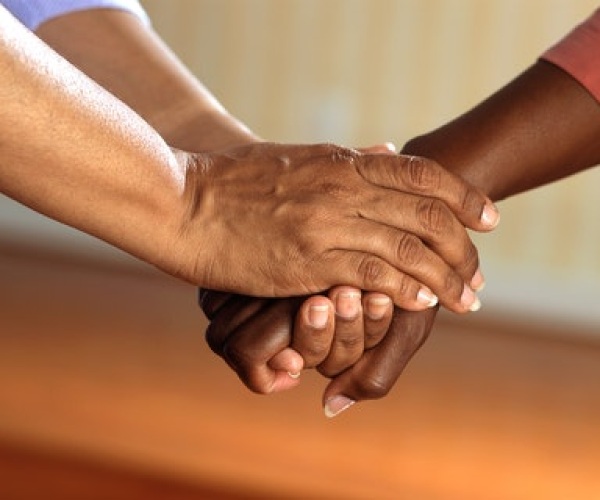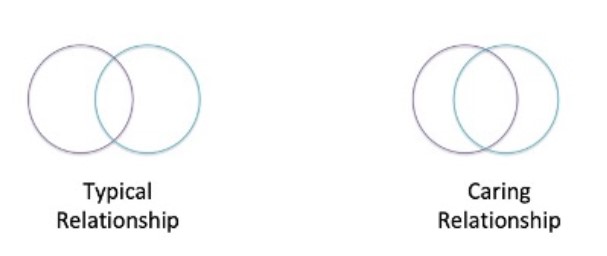Self-Care in a Caring Role

Who are carers?
When we talk about ‘carers’ this month, we are referring to people who provide unpaid care and support to someone with a mental health condition, typically a family member or a friend. This may include help with everyday tasks, such as administering medication and task prompting, as well as emotional support. There are many services available to people with mental health conditions, however the needs of carers often deprioritised.
Why is self-care important?
You can think of the energy and vitality we have as being like water in a bucket with holes in it; it is constantly leaking out. For us to maintain our energy and vitality involves topping up our bucket. This is especially important for people caring for someone with a mental health condition due to the emotional strain the caring role can place. Indeed carers are more likely than non-carers to experience emotional distress due to the very nature of the caring role.
How does the emotional strain come about?

The diagram on the left refers to a ‘typical relationship’ between two people. It is not necessarily a an intimate relationship and can represent a parent-child relationship, a grandparent-grandchild relationship, relationships between siblings, relationships between friends and intimate relationships, amongst others. Where the circles overlap represents the shared space between the two individuals – the interactions and cognitive and emotional space for the other. The area of each circle outside the overlap represents the sense of self outside the relationship – who people are as individuals.
In a caring relationship, you’ll notice that there is more overlap between the two individuals, representing more shared space. It also means that there is less sense of self outside the relationship. This means that as a carer, what happens to the person with a mental health condition typically affects you more than if it were a typical relationship. So for example, if they’re depressed, you also feel down too; if they’re anxious, you also feel anxious.
The key to better navigating a caring relationship is to have and maintain a healthy sense of self
Image Credit: Carers WA
Having a healthy sense of self
To have a healthy sense of self involves engaging in activities and interests that help tune you to who you are as a person, outside of the caring relationship with the person with a mental health condition. This varies with each individual, but may include things such as:
- Giving you a sense of mastery – you have limited influence over the mental health of the person you care for. Engaging in an activity that gives you a sense of mastery can help redirect this very human need for a sense of control. This can include activities like engaging in a hobby, learning a foreign language or a new sport
- Connecting with other people – a caring role can be an isolating experience and connecting with other family members and friends can help. You don’t necessarily have to talk about the caring role. Organisations like Carers WA and Helping Minds run groups to facilitate social connection
- Engaging in physical exercise – exercise helps reduce stress and devoting time to it can help remind you that you are important too.
I hope you have found this blog helpful in underlining the importance of developing and maintaining your sense of self in the caring role. If you are in need of further support, reach out to us at Prosper Health Collective.